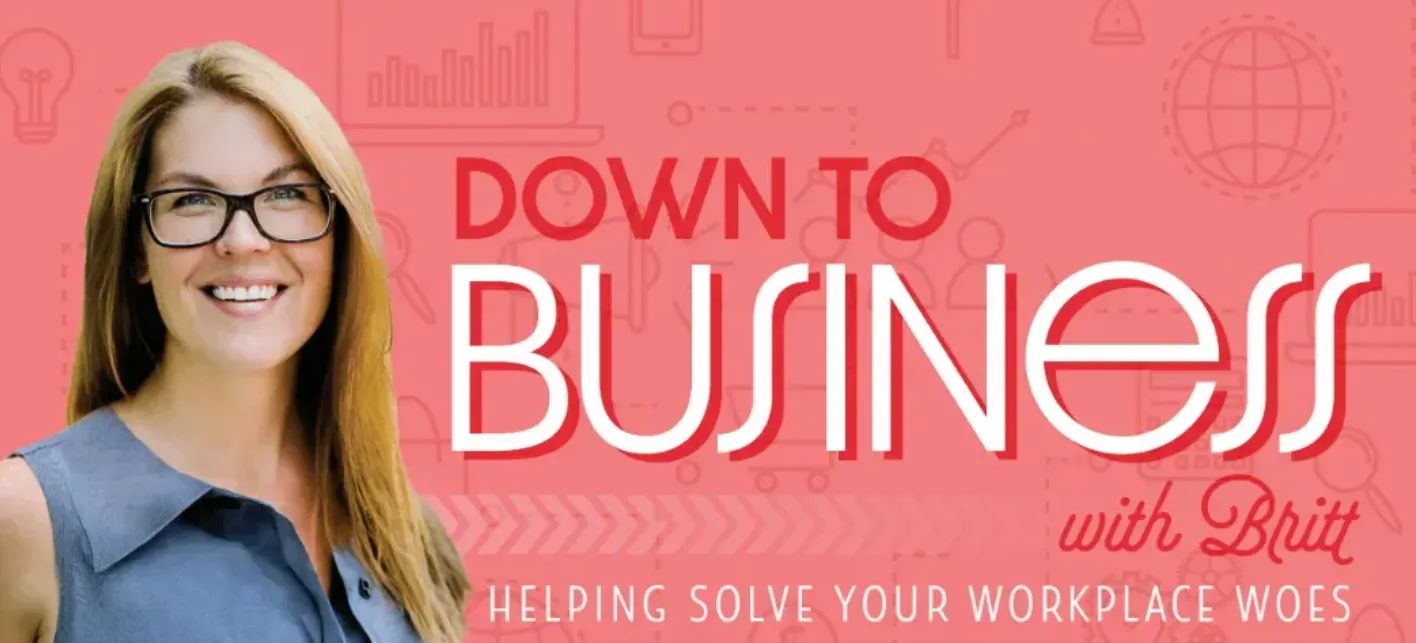
Down to Business with Britt
Is Sexism alive in your workplace?
Dear Britt,
I don’t mind being one of the only women at work, I love my job and everyone is nice, but, I get the feeling I’m seen differently and not treated as a full equal. Also, despite having the same titles, I’m the default note-taker and office party planner, just because I’m the only woman on my team. I’m not claiming I work with chauvinists, but there are gender dynamics at play and I don’t know what to do. Any advice?
Your gut feeling is correct. While women report less hostile sexism in the workplace, there is another insidious force that holds many women back. Benevolent sexism is the idea that women are more fragile and need protecting by men. According to researchers Peter Glick and Susan Fiske, who study this pervasive tendency, benevolent sexism can look like sugarcoating critical feedback so as not to hurt a woman’s feelings. Subconsciously a boss may be afraid that upsetting a female employee will cause her to cry (men and women actually cry at the same rates at work). It’s also common for a woman to be given less challenging assignments because male superiors think it may be too much for her to handle. But, we all know that challenging tasks and critical feedback are what help us progress in our careers.
The other frightening finding from researchers is that likeability and success are negatively correlated for women. Women often agree to planning parties and cleaning out the lunchroom fridge because we can sense the need to balance being liked with our desire for advancement. The traditional traits that we associate with men, like decisiveness and power, are the exact qualities that can get a target on a woman’s back for being “out for herself” or unapproachable.
What’s a girl to do? First, we have to talk about this: at work, at home, everywhere. Women’s careers suffer when quietly dismissed, not awarded challenges, or not given feedback. And if our careers suffer, our families suffer. We have to question when we think we are being treated with a gendered approach. Start the conversation with, “It seems.” For example, “It seems I’m the only one who takes notes at our morning meetings. Who is going to take the notes next week?”
Second, we need to connect with our colleagues and see their humanity. Many of these actions are inexcusable but well intended. Form trusting relationships that allow for open and challenging dialogue. If you are ever advised that you are competent but lack warmth, be on high alert: it’s benevolent sexism. Last, we need allies. Men also need to understand the harms of benevolent sexism and speak up when they see it. You are not alone. Thanks for this great question. We have to keep educating ourselves and others.









